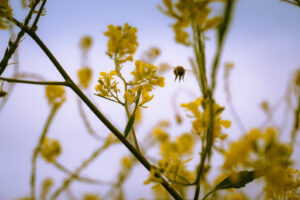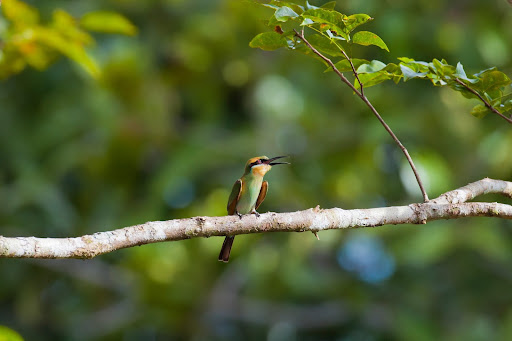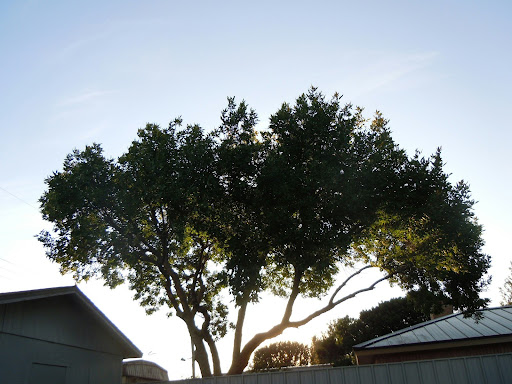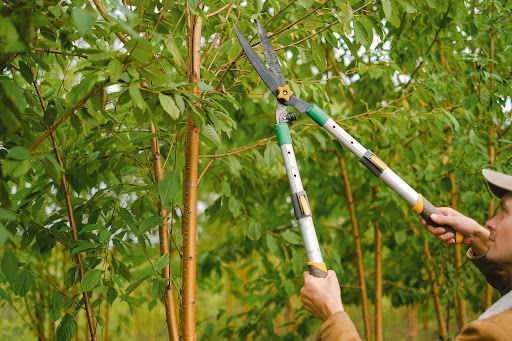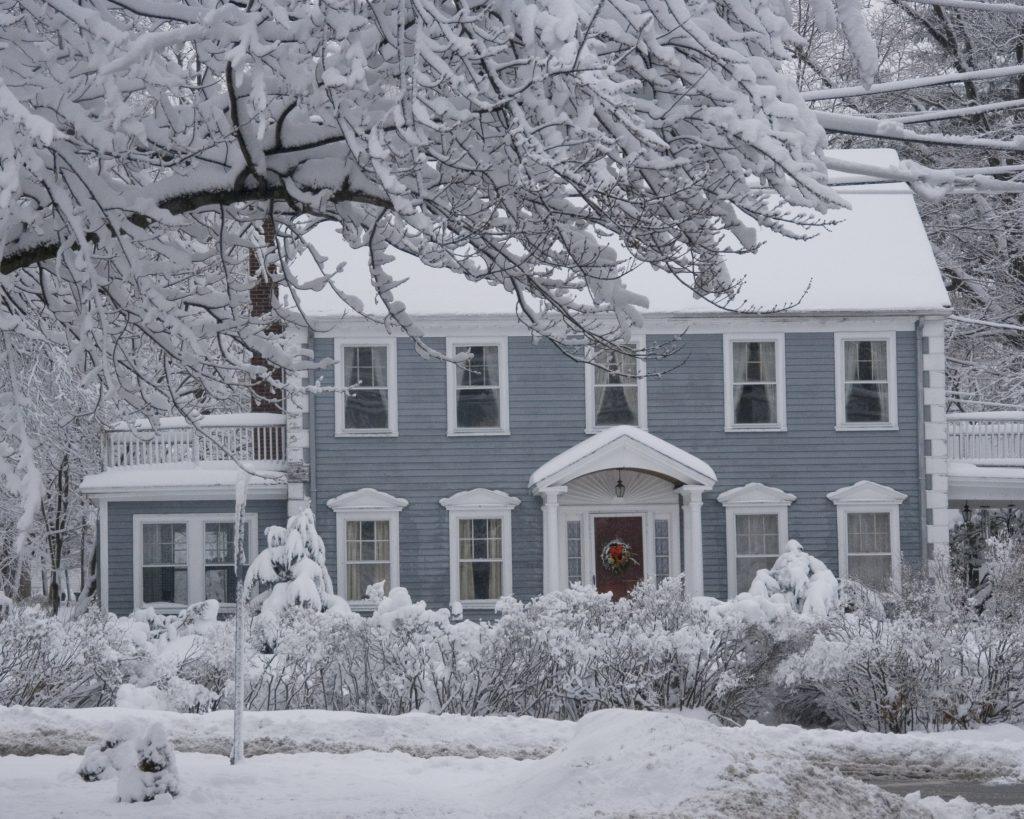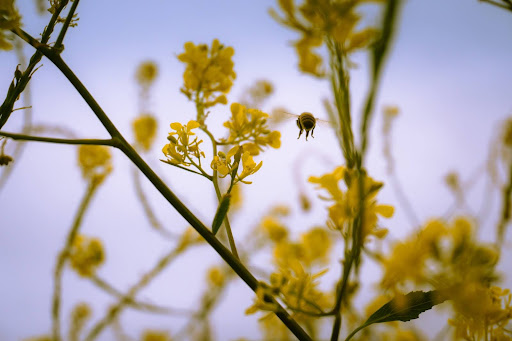
Date January 17, 2024
If you have seasonal allergies, you’re likely familiar with the feeling of a stuffy nose and itchy eyes that worsen as you spend more time outside. This is typically a sign that you’re sensitive to seasonal tree allergies, which result from pollen being in the air. There are a few details to consider when trying to understand seasonal tree allergies, as well as steps you can take to manage your allergies in seasons when they’re most intense. Here’s a closer look at seasonal tree allergies in Dallas, including their causes and ways to manage them.
Understanding Seasonal Tree Allergies in Dallas
Image via Unsplash by OC Gonzalez
One of the largest contributors to seasonal tree allergies is the type of pollen that fills the air when trees are pollinating. The three primary types of pollen are tree, grass, and weed pollen, and all of these are present in Dallas. In terms of tree pollen, you’ll likely experience allergies from species like juniper and mulberry trees that are common in the area.
Aside from the types of pollen in the air, it’s also crucial to know when pollen season in Dallas occurs. Since Dallas experiences largely mild weather throughout the year, the pollen season lasts all year round. This means that even in the winter, you can experience seasonal allergies from pollinating trees, such as cedars that are common in Texas.
Air pollution is another factor that worsens allergies to tree pollen. Especially in urban areas like Dallas, higher air pollution means more substances in the air that can carry pollen farther distances and, in some cases, cause trees to release even more pollen than usual.
Managing Seasonal Tree Allergies
You can take many different steps to manage your seasonal tree allergies. For example, it’s important to pay attention to the time of day, since the highest pollen levels in Dallas usually occur early in the morning. This means you might be able to avoid having a strong allergic reaction if you only go outside after 10 a.m. You can also sometimes check the pollen forecast for your area online, allowing you to identify when the most pollen will be in the air, so you know when to try to stay indoors.
Another way to manage your seasonal tree allergies is to consider the types of trees you plant on or near your property. This is helpful because different types of trees produce varying volumes and kinds of pollen. For example, monoecious trees produce massive amounts of light pollen that travel through the air, and their presence might worsen your seasonal allergies.
TreeNewal Can Help You Navigate Tree Allergies
This has been a comprehensive guide to tree allergies in Dallas. If you notice that your allergies are worse at a particular time of the day or year, consider these tips to mitigate your allergic reactions to pollen in the air. For more insight into tree allergies, reach out to TreeNewal to consult with an ISA Certified Arborist. The team’s expert tree doctors will examine your trees to ensure they’re healthy and tell you what you can do to manage your allergies based on the species of trees on your property or in your community.
